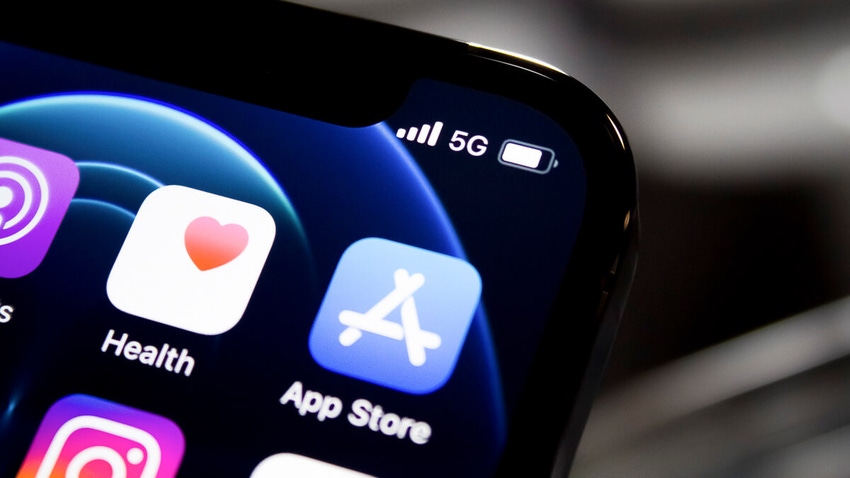3GPP moving to prevent power grab by Apple, others
The primary international standards body for 5G will limit the total number of 3GPP votes of any corporate group. The goal is to 'avoid any potential for dominant voting power by any corporate group.'

The primary international standards body for 5G – the 3GPP – is in the process of updating its voting rules in order to prevent Apple and other big companies from gaining too much power.
According to Kevin Flynn, a 3GPP spokesperson, the group has already agreed to introduce a cap on the number of votes that its corporate members can make. He said the new rules were approved earlier this month and would go into effect in the fall.
Flynn said the new rules would limit the total number of 3GPP votes of any corporate group to a maximum of 16. They will also limit any corporate group's votes via any single "organizational partner" to a maximum of eight. He added that the organization will "require 3GPP Individual Members to self-declare if they are part of a corporate group consistent with the definition."
The goal, he explained in an email to Light Reading, is to "avoid any potential for dominant voting power by any corporate group."
Apple in the crosshairs
IAM, a publication that tracks the global patent-licensing industry, reported on the issue earlier this month. The outlet noted that 3GPP members in the summer of 2022 noticed that Apple's Individual Members almost doubled – from around 17 to 33 – in a short amount of time.
"We have observed a new behaviour pattern which indicates that having many voting rights held by a group of closely related companies may be used to strongly influence future 3GPP decisions," ATIS, a North American trade association focused on some telecom issues, warned last year in filings highlighted by IAM.
An executive familiar with the 3GPP's operation agreed that the increase in Apple's voting power was the primary reason the standards group moved to change its voting rules.
Beyond the apple
Some analysts that closely track the 5G standards-setting process argued that Apple wasn't the only reason for the change.
"It's not just Apple, but many other companies, including traditional ones and Chinese, send lots of delegates to 3GPP meetings. These companies can potentially influence voting," wrote Prakash Sangam, founder and principal of Tantra Analyst, in response to questions from Light Reading. "All the key positions in 3GPP are elected. So, limiting max votes per company limits the oversized influence of large corporations."
Emil Olbrich, an analyst with Signals Research Group, agreed. "3GPP is trying to address a few concerns," he wrote in response to questions from Light Reading. "There are a lot of new features that have added to the growth in the number of companies who participate – especially with NTN being such a big topic."
The integration of non-terrestrial networks (NTNs) like satellite networks into terrestrial networks has been a major topic among 5G proponents.
But Olbrich added that diversified companies – ones that operate across chips, fiber, wireless and other technologies – are also helping to drive the topic. The worry, he said, is that such companies could use their voting power to "change the course of what would/should happen."
Related posts:
— Mike Dano, Editorial Director, 5G & Mobile Strategies, Light Reading | @mikeddano
About the Author(s)
You May Also Like












